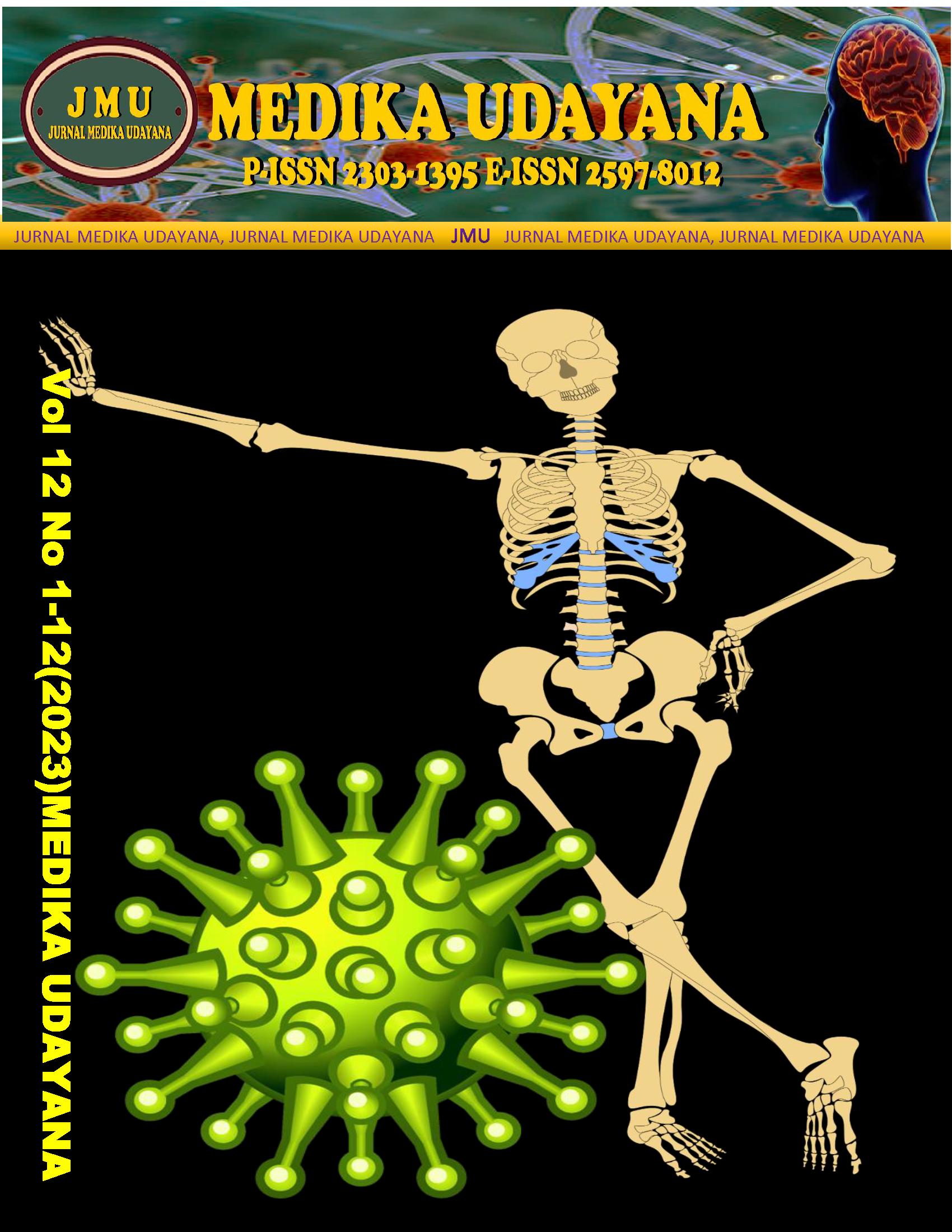Differences of Kidney Function Test Results Using Creatinine Clearance Test and Estimated Glomerular Filtration Rate (e-GFR) CKD EPI
Abstract
Background. Chronic diseases have become one of the world's public health problems in recent decades, and mortality rate are projected to continue to rise. The diagnosis and severity of CKD is based on the results of renal function tests recommended by KDIGO is Glomerulus Filtration Rate (GFR) patients. A simple and inexpensive method is to use endogenous filtration markers to calculate GFR such Creatinine Clearance Test (CCT) or e-GFR CKD EPI formula. Accurate calculation of GFR by CCT and e-LFG CKD-EPI are important to avoid misdiagnosis of CKD. This study aimed to determine if there is any difference in the results between these two methods.
Method. This study used analytical observational cross-sectional research method. Samples were selected from the population based on inclusion criteria having complete variability data and no exclusion criteria. Analyzed by SPSS software version 28 to check normality using Kolgomorov-Smirnov test, significance test with Mann Whitney and Spearman to check correlation.
Results. The results of the study of 1257 samples, showing that the data are not normally distributed (p = 0.000), had a significant difference between CCT and e-GFR CKD EPI (p = 0.000) and the correlation is linear and moderate correlation strength (r=0.403) (p=0.000).
Conclusion. Differences in kidney function test results using CCT and e-GFR CKD-EPI methods in patients who carried out laboratory examinations at the clinical pathology laboratory at Sanglah Hospital, Bali during April 2020–April 2021, was found that there were differences in the results of CCT and e-GFR CKD EPI.











